Types of Linux Operating Systems and Their Strengths – The Linux operating system is a type of program created to manage hardware resources on a computer, and functions as a place to provide general services for software applications.
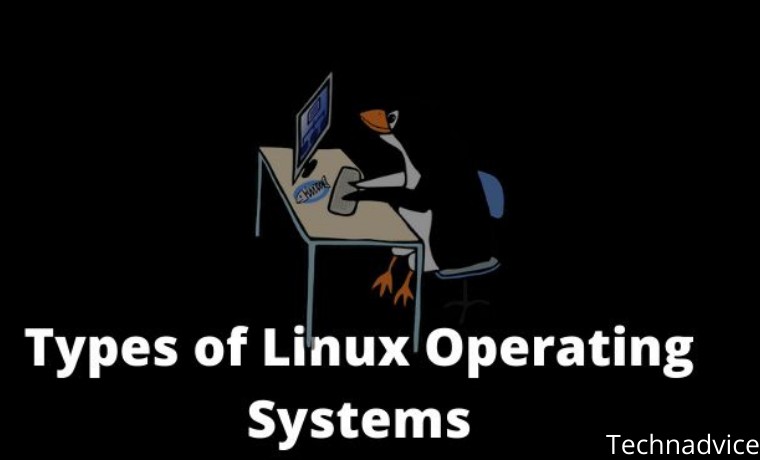
Table of Contents
Types of Linux Operating Systems and Their Strengths
An operating system is a type of software in a computer system. Where without an operating system, users cannot run application programs on a computer, except for the boot application. The operating system also has systematic scheduling consisting of the use of memory, data processing, data storage, and other resources.
Read more:
- macOS Understanding and History, Advantages and Disadvantages
- Best 4 Ways to Activate MS Office 2016 Permanently
- How To Fix Windows 10 License Will Expire Soon
- 6 Ways to Fix error “This copy of Windows is not Genuine”
Where the operating system here acts as an intermediary between software and hardware, and vice versa. Although the execution is usually the application code is immediately executed by the hardware and will contact the operating system if the connection is lost.
Until now, there have been quite several different types of operating systems in circulation. Where each type of operating system has advantages and disadvantages so users can choose which operating system is best according to their needs.
What is Linux?
Linux is a UNIX-based operating system as an example of the results of the development of free software (Freeware) and open source (Open Source), the average Linux OS user is a Programmer to creates a program and also a developer to develops applications more easily.
Well in this article, Koneksia.com will discuss various types of Linux operating systems and their strengths and weaknesses, so you can more clearly know the Linux operating system, including:
The Advantages of the Linux Operating System
Linux can be obtained easily even free (freely) without the need to pay a license and users can be able to download Linux source code. Even if you want to see this OS, you can also because Linux is Free and Open Source Software, in other words, Linux can be developed by anyone.
In installing Linux, all hardware can be detected immediately and included with applications that support Linux OS.
So that after being installed, the application can be used immediately. Thus you no longer need to install other hardware drivers such as VGA, motherboard, chipset, and soundcard.
Linux is also available with a fairly comprehensive collection of software, where this software is usually needed for desktops, laptops/notebooks, and PC servers.
If during installation, the software turns out to be lacking, then the user can easily add the software through the provided repository.
But some software on Linux requires installing some Windows applications on Linux such as Crossover and Wine.
Linux is proven to be reliable and stable. This is the reason why many servers use Linux OS compared to other OS. Even after completing the system configuration, the user does not need to restart (warm boot)
Of the many types of OS (operating system), Linux is an OS that is safe against viruses, because besides the number of viruses on this OS is very minimal, the Linux OS performs very strict security management so that it will usually make the virus unable to operate/run on Linux OS this so that users can immediately delete the virus easily through the delete button.
Linux also can fix bugs or defects very quickly. This is because Linux was developed by a Linux community, where the Linux community can provide suggestions and make improvements to bugs or defects through documentation.
Many kinds of Linux have the characteristics and advantages of each. Make sure you choose the type of Linux that suits your needs.
Lack of Linux Operating System
Linux lacks support from hardware manufacturers in terms of controllers (drivers). So that requires the Linux developers to make this driver control system.
Linux also lacks support from some Game makers. So that when playing games on Linux the game display is not full-screen.
Linux still has some software that can only run on other operating systems and no substitute software is open-source on the Linux OS.
There are various types of Linux operating systems, including Debian Linux (OS for servers), Redhat Linux (easy installation for beginners), and SuSe Linux (Linux OS that supports Indonesian language program languages). For more details, refer to several types of Linux operating systems below:
Various Types of Linux Operating Systems
#1. Red Hat Linux
If you are looking for various types of Linux operating systems, the installation process is very easy to do. Then your answer is Redhat Linux.
The RedHat Linux operating system is one of the relatively old GNU / Linux, offering convenience, a fully graphical display mode starting at installation, and friendly usage.
The latest version of Red Hat is the RedHat Linux 9.0 distribution, this is a stable version and fixes and improves system administration which is equipped with the latest desktop managers such as KDE 3.1 and GNOME 2.2, and the latest applications such as GIMP graphics 1.2.3, OpenOffice, KOffice, Diagrams, Multimedia applications Player, etc.
#2. Debian Linux
Debian is one type of various Linux operating system that has been around for a long time since 1999 and continues to be developed regularly every year until now entering version 8.
If you are looking for an operating system that is suitable for server computers or for admin computers. The answer is the Debian Linux operating system because this operating system is indeed suitable if it is made as a server or admin computer.
This type of Linux operating system is not suitable for personal purposes because its function is more for use on server and admin computer systems.
#3. Ubuntu Linux
Ubuntu is a type of Linux operating system that is developed from Debian. The difference is that this Ubuntu operating system can be used not only on server computers and admin computers but also can and is suitable for use on personal or personal computers. The Ubuntu project itself is funded by Canonical Ltd (a company owned by Mark Shuttleworth).
Since then, Canonical has released a new version of Ubuntu every 6 months. Each release is supported for 18 months for system updates, security, and errors (bugs). Every 2 years (version xx.04 with x even numbers) will get Long Term Support (LTS), for 3 years for desktops and 5 years for server editions.
Even the latest version is also conditioned for use on smartphone devices. Therefore, this type of Linux operating system is the most widely used of the various types of Linux operating systems. On October 31, 2011, Mark Shuttleworth announced that Ubuntu 14.04 would support smartphones, tablets, and smart TVs.
#4. Linux Mint
If Ubuntu was a development of Debian, Linux Mint is arguably the grandchild of Debian because it was developed based on Ubuntu. The Linux Mint operating system was developed for personal or personal use (PC) and is divided into 2 variants namely CINNAMON and MATE.
- How To Install Qualcomm Drivers on Windows 7/8/10
- How to Activate Windows Defender on Windows 10
- How To Disable SmartScreen Defender in Windows 10
- Best Tricks To Activate Windows 10 Permanently Offline
CINNAMON is a Linux Mint OS that is more modern than Linux MATE, but the drawback is less stable than Linux MATE, Linux CINNAMON also does not support graphics cards on some computers or laptops.
#5. Fedora Linux
Fedora (formerly called Fedora Core, sometimes also called Fedora Linux) is an RPM-based Linux distribution that is developed by the Fedora Project which is supported by the programming community and sponsored by Red Hat. The latest version is Fedora 24.
Fedora 24 is considered to have many advantages both in terms of platforms and applications, such as the ‘Glitch-Free’ version for PulseAudio, the Security system, Audit, and Intrusion-Detection Sectool, and PackageKit-Framework.
Even so, Fedora has shortcomings including updates that are not as regular as Ubuntu due to the type and development process.
#6. SuSE Linux
The SuSE Linux operating system is the most interesting and used in most European countries. Although widely used by some Europeans there.
The appearance of a fresher design and ease of management make it more valuable for this Linux operating system.
The SuSE Linux operating system can also use Indonesian as one of the language choices used in the computer operating system on this one. With the choice of Indonesian, of course, it makes it easy to operate your computer.
#7. CentOS Linux
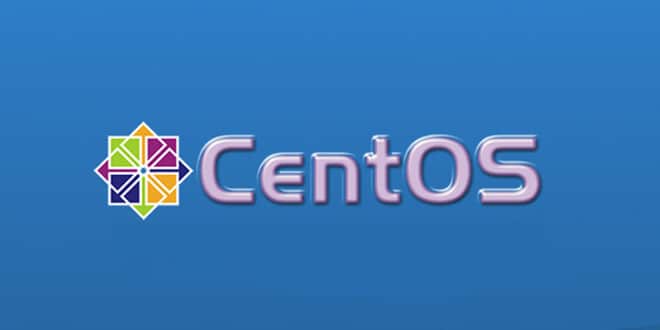
CentOS is an enterprise operating system built with the Linux framework. The CentOS operating system was first released in 2004 and is one of the largest and most popular among Linux users. CentOS can be used and also developed for free, the CentOS operating system is not intended for beginners.
But CentOS is intended for server users who have more knowledge, can use Linux, and users who can do computer programming, and also know the systems and applications that are running at the moment.
#8. Slackware Linux
Slackware is the oldest compared to other Linux operating systems, created by Patrick Volkerding. Slackware was originally a personal project, and so as not to be serious, Patrick called this project the “slack” of the Church of SubGenius, which means a situation where someone uses as little energy as possible to live.
Read more:
- The 16 Best and Fastest VPN Applications for PC
- How to Enable Dark Mode for Google Chrome
- The definition of software and functions are discussed fully
Conclusion:
So, friends, This is the explanation of the types of Linux operating systems and their strengths, Which is your favorite type of Linux operating system? maybe interested in moving from a Windows OS to a Linux OS? or do you have a favorite distribution of your choice that hasn’t been mentioned yet? please leave in the comments!
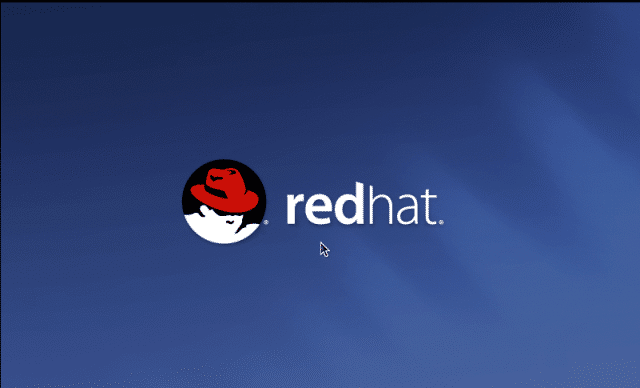
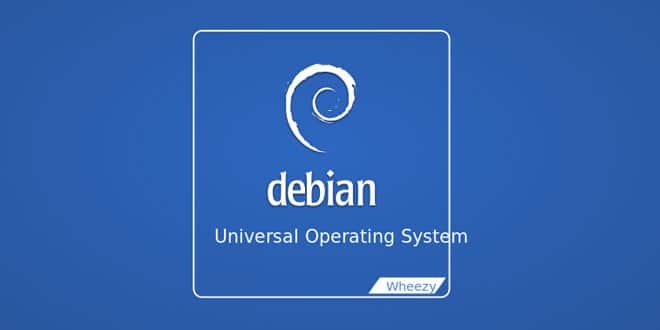
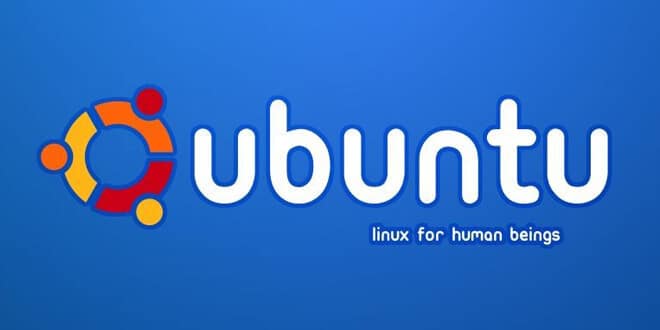
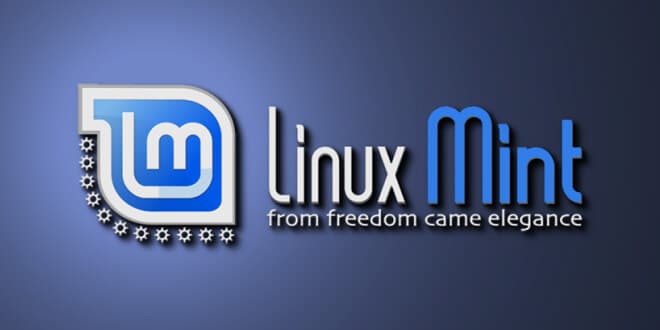
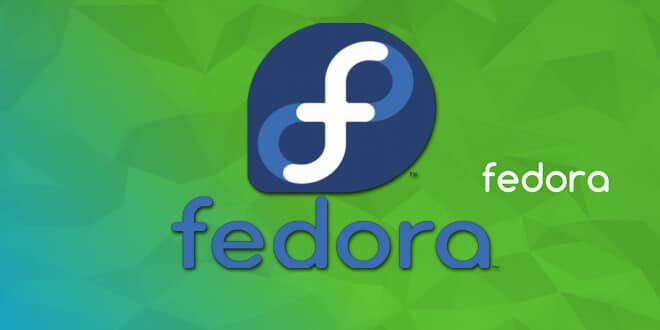
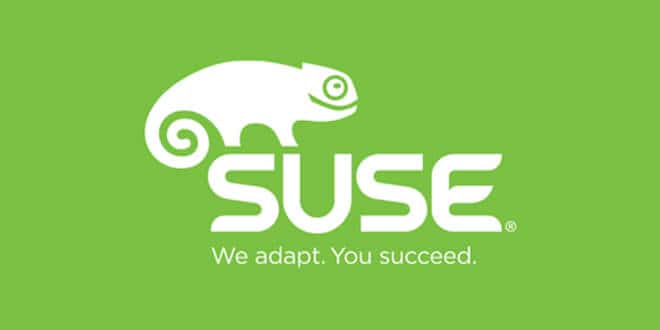
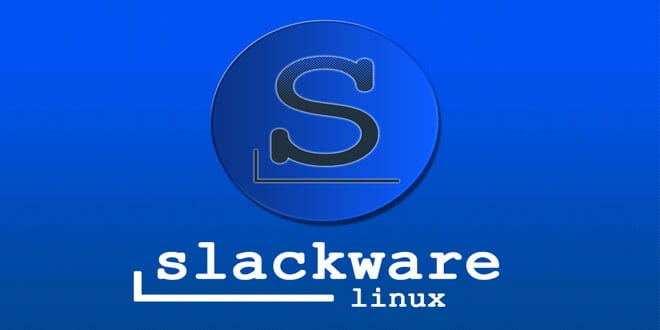
Leave a Reply